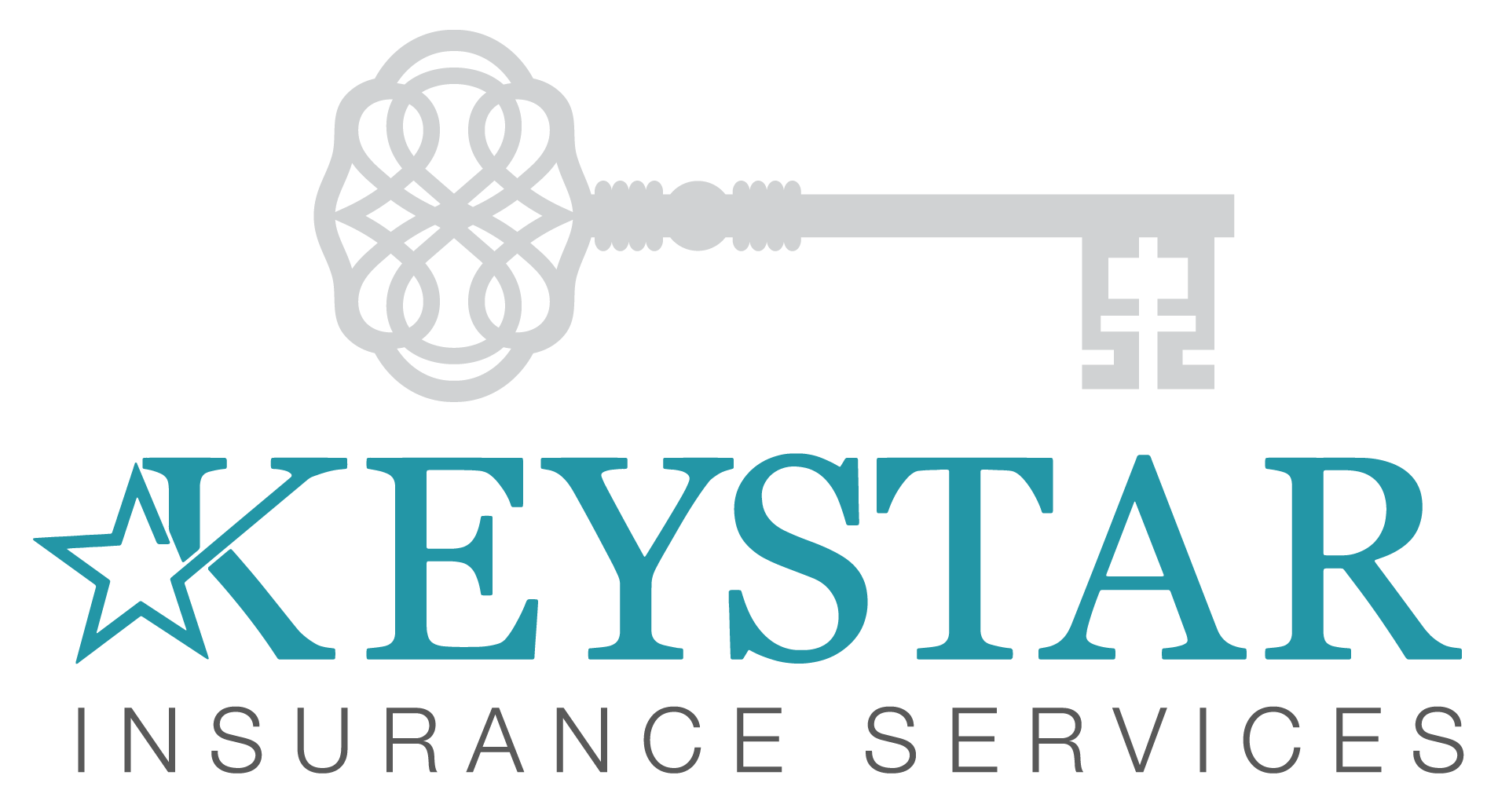

Voluntary Benefits
Voluntary benefits are a way to address a host of employee needs, offer choice and allow employees to personalize their rewards. Voluntary benefits are supplemental to core health insurance and retirement savings plans and are typically employee-paid through salary-deferred contributions. They can be a cost-efficient way to provide additional coverage to employees, who can purchase these plans through their employer at a lower, group rate.
Under a voluntary benefit program, the employer offers workers a menu of benefits; employees pay for the ones they want through payroll deductions. The employee pays the cost, and the benefits provider handles all administration and provides all needed education materials
What exactly are voluntary benefits?
Voluntary benefits are coverages and products that are 100 percent employee-paid, offered through an employer, solicited and enrolled through a carrier or enrollment firm, and paid through automatic payroll deductions. They allow employers to provide benefits that are attractive to employees and are an elective purchase.
The enrollment and payment methods for voluntary benefits are also incredibly convenient. There are numerous support resources included with voluntary benefits. Having open communication with your employees will allow you, as the employer, to personalize each package and get a deeper understanding of your employees and their needs.
Some common voluntary benefits include:
- Life insurance/AD&D
- Disability income insurance
- Long-term care insurance
- Dental/Vision insurance
- Accident insurance
- HSA’s and HRA’s
- Cancer insurance
- Critical illness insurance
- Prepaid legal services
- Pet health insurance
- Identity theft insurance

GROUP DENTAL
By opting for group dental insurance, you can lower the cost of your premiums while still enjoying the benefits of regular dental cleaning and checkups. Here are the three main types of group dental plans:
Preferred Provider (PPO) – A dental PPO works the same way that it does for medical insurance. Basically, you choose from a group of dentists that are part of a network of providers.
Dental HMO – An HMO, or health maintenance organization, is similar to a PPO in that it involves a network of dental providers. With an HMO, however, you usually need to see a dentist in the network in order to receive any dental coverage.
Indemnity Plans – Indemnity plans, sometimes called fee-for-service plans, are a good option if you want to stay with a particular dentist who is not part of a network. Indemnity plans will sometimes use a reimbursement process by which the patient pays the total cost out of pocket and later gets a percentage paid back to them by the dental insurance. Indemnity plans are often more expensive.
GROUP VISION
The premiums for group eye care insurance are low and cover basic services like annual eye exams, eyeglass frames and lenses, and contact lenses. Under a group plan, it is most common for the insurance premium to be deducted directly from the employee’s paycheck.
Like with other types of group health insurance, vision plans often use a network of service providers that have an agreement with the insurance provider. If the employee goes to a certified eye care professional within the network, they receive the maximum benefit that the plan will pay out. Some plans, such a group vision PPO, allow the employee to go to any provider regardless of whether they are in the network, though the portion paid by the insurance is typically less when going out of network.
Use this helpful online tool from the California Optometric Association to find an optometrist in your area. You can search by name, city, zip code, language and health insurance provider.
LONG TERM CARE
Long-term care is a benefit that is not included in most insurance plans since it is not an essential benefit under new health care law, whether you call it Obamacare or the PPACA. This being the case, providing long-term care insurance to employees is a great way to stand out from other businesses and attract the best employees in your industry. Unfortunately, many businesses continue to exclude long-term care from their group benefit offerings despite the obvious advantages. For employees, one of the big advantages of an employer-sponsored long-term care insurance plan is that it is significantly cheaper than an individual plan (as with most group plans).

CRITICAL ILLNESS
Group Critical Illness Insurance can help you by paying a lump sum benefit to help cover your daily living expenses such as grocery bills, mortgage payments, transportation costs or pay for your out of-pocket medical costs, including deductibles, copays, and cost-shares.
ACCIDENT
Group Accident Insurance pays you a lump sum cash benefit to help cover your out-of-pocket expenses for an ambulance, casts, surgery, anesthesia, and more – so you can focus more on getting well and less on the extra expenses an accident can bring. You may choose between the Low or Mid Plan.
HOSPITAL
With Group Hospital Indemnity Insurance, you receive cash benefits for covered hospital stays and expenses to help offset the hospital bill, take care of day-to-day expenses, or pay for anything you need. Some advantages include daily benefit amount and group rate to name a few.
VOLUNTARY BENEFITS FAQ’S
- Who Pays for Voluntary Benefits?
- When Can I Enroll?
- Can I Pay Through Payroll Deductions?
- Are Part-Time Employees Eligible?
Identity theft is free to employees. All other voluntary benefit programs are paid for by employees at discounted rates. Enrollment in the Pre-Paid Legal Services is limited to the new hire window and to Open Enrollment during the fall, and employees may use payroll deductions to pay the premiums. For all other plans, employees enroll at any time, directly with the carrier who will then bill the employee.
Enrollment in the Pre-Paid Legal Services is limited to the new hire window and to Open Enrollment during the fall. For all other plans, employees enroll at any time, directly with the carrier.
Employees may use after-tax payroll deductions to pay the premiums for Pre-Paid Legal Services. For all other plans, employees enroll at any time, directly with the carrier, who will then bill the employee. You will have payment options with each service provider such as direct billing, electronic funds transfer (EFT) or recurring credit card debits.
Part-time, benefits-eligible employees are eligible to receive voluntary benefits discounts available to KeyStar Insurance Services.

